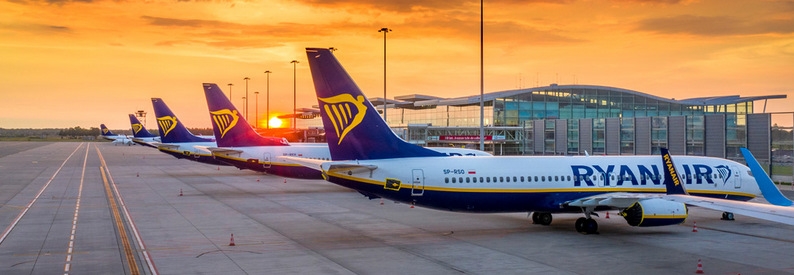Ryanair to Exit Maastricht Airport Over Cost Dispute

Ryanair will end all operations at Maastricht Aachen Airport in the Netherlands following the breakdown of commercial negotiations, leading to the cancellation of five routes and the removal of approximately 150,000 annual seats. The Irish low-cost carrier attributed the move to what it described as excessive cost increases at the airport, which it now labels as one of the most expensive in Europe. In particular, Ryanair cited the rising Dutch aviation tax, which now stands at nearly €30 ($34) per passenger, as a key deterrent. The airline said such fiscal burdens make Maastricht uncompetitive when compared to airports in neighboring countries.
Jason McGuinness, Ryanair’s chief commercial officer, criticized both the airport’s pricing structure and government-imposed taxes, arguing that these factors have directly harmed Maastricht’s post-pandemic recovery. According to McGuinness, Maastricht is recovering at only 50 percent of pre-COVID traffic levels in 2024, significantly lagging behind other European airports. He added that the carrier’s exit will likely worsen those figures further. Ryanair plans to redeploy the capacity removed from Maastricht to other European countries such as Italy, Poland, and Sweden, where lower airport fees and more favorable tax policies are in place to stimulate airline growth.
In response, Maastricht Aachen Airport confirmed that discussions with Ryanair had taken place over several months but ultimately failed to yield an agreement. The airport defended its pricing strategy, emphasizing its aim to achieve break-even results by 2027. It noted that while it values long-term airline partnerships, such agreements must be financially sustainable and able to cover operating costs with a margin. The airport also acknowledged that the high Dutch aviation tax had added complexity to the negotiations and made maintaining low-cost operations more difficult.
Despite Ryanair’s withdrawal, Maastricht expressed optimism about the airport’s future. Airport officials believe that opportunities still exist for airlines looking to serve the region and that profitable business models can be established with new or existing partners. Maastricht said it remains committed to rebuilding air service in a sustainable way and views the situation as an opportunity to refocus its strategy.
According to data from OAG Schedules Analyser, Ryanair is currently the dominant carrier at Maastricht, accounting for 76 percent of all seat capacity during the summer 2025 season. The airline operates flights to destinations including Alicante and Girona in Spain, Bari in Italy, Porto in Portugal, and Zadar in Croatia. The end of Ryanair’s operations represents a major shift in the airport’s network, but both the carrier and airport appear to be moving in directions that align with their respective strategic and financial priorities.
Related News : https://airguide.info/?s=Ryanair
